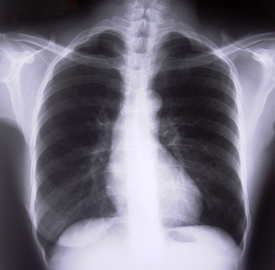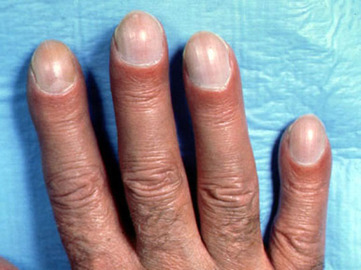Introduction

Respiratory diseases are the leading reason why today’s life expectancy is decreasing. They vary from a variety of aspects and condition. Among their differences are the causative agents and specific organ and tissue of the respiratory system involved. They affect all sorts of individuals from paediatrics to geriatrics. The general feature among them is that they affect every patient’s airway and breathing. Oxygen deprivation is the chief consequence of any pulmonary disease. How to deal with pulmonary diseases to evade such serious progression? There are various options you may do. Regardless, adequate information regarding these diseases should be gained in order to fully understand the consequences.
History
Pulmonary diseases occur because of diverse factors. Air pollution is the common perpetrator of these illnesses. Microbial infection is another leading cause of these ailments. Bacteria such as Streptococcus and Mycobacterium species are the most usual agents that cause pneumonia and tuberculosis. Inflammation brought by infection, injuries and allergic reactions is an additional cause for some of these diseases. Asthma and Chronic obstructive Pulmonary Disease (COPD) are a type of respiratory disease caused by inflammation due to allergic reaction. Today, lung cancer is another life threatening disease that involves tumour growth within the lungs. As of today, an exact theory on how cancer cell mutates is still a mystery. Lung cancer and asthma may be hereditary however for them to extend to severe conditions they must be activated first.
Features

Most of pulmonary diseases are treatable but some of them are life threatening. Some minor illnesses like flu, acute respiratory infections and inflammations may be controlled and treated with synthetic drugs. Some signs and symptoms that signify insufficient oxygen are cough, wheezing and irregular breathing patterns. The cough may manifest in a form of productive and dry cough. However, when these medical conditions progresses to a more advanced condition immediate therapy is necessary. How severe conditions occur? The main factor that causes this condition is when the airway such as bronchioles are severely damaged, inflamed or contracted. As a result, oxygen levels in blood are incapable of circulating around the body. In theory, an average man can survive without oxygen for at least 3 minutes. Beyond that, hypoxia may occur. Hypoxia is a condition where in the brain has not received sufficient oxygen leading to brain death or fatality.
Tips and comments
In today’s current environmental condition, it is inevitable not to acquire pulmonary diseases. The very basic thing to do is to boost the immune system. Vitamins and minerals aid in enhancing the ability of the body to fight foreign substances that enters the body. Personal hygiene is another thing to consider. Promoting clean environment and lifestyle restricts production of microorganisms in and out of the body. Regular cardio exercises like jogging will aid in improving the lung’s condition. For smokers, try to quit as early as today. Quitting is not an easy task to do, however with perseverance and determination one can achieve the goal. The very important lesson here is that prevention is better than cure. Avoid these disease and live a longer by living a healthy lifestyle.